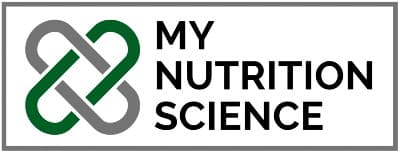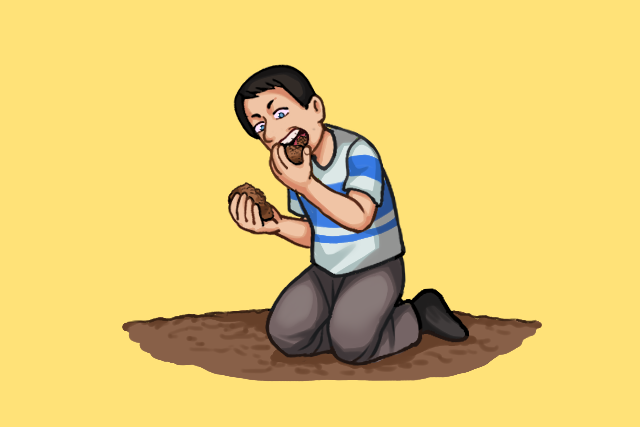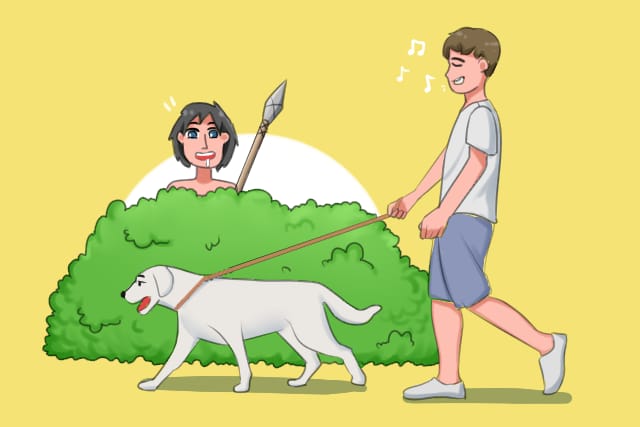Extended Summary
Vitamin B12 is essential for health as low amounts promote anaemia and cause irreversible neurological damage. When concentrations of vitamin B12 drop below a certain amount in the blood (approximately 150 pmol per litre), the risk of these health complications increases substantially.
As vitamin B12 is found almost exclusively in animal foods, there have been numerous calls for vegetarians, and particularly vegans, to be aware of the potential consequences of restricting animal foods. To put it simply, unlike vitamin B12 supplements which have demonstrated to effectively restore vitamin B12 to healthy levels, no unfortified plant food has shown to reliably increase vitamin B12 levels. Vegans that don’t supplement vitamin B12 are at approximately four times the risk of vitamin B12 deficiency compared to vegans that do. It may be possible for vegans to achieve normal vitamin B12 status without supplementation if high amounts of fortified foods are consumed (mainly cereals), or if they’re genetically inclined to maintain normal B12 levels, but these scenarios are either rare or practically difficult. To avoid potentially life-changing consequences, then, it’s more accurate to claim that vegans need to supplement vitamin B12 to remain in good health.
Unfortunately, however, B12 supplements and fortified foods are relatively under-consumed, which is a key reason why vitamin B12 deficiency seems to be common among vegetarians. Although there is a great deal of variability between different reports, a systematic review of the literature estimated that vitamin B12 deficiency was present in up to 86.5% of vegetarian adults. This may be a bit high; in studies using the most accurate markers of vitamin B12 deficiency to assess vegetarian populations, such as holotranscobalamin, the most rigorous analyses report that 58% – 72% of vegetarians have a low amount of vitamin B12 in their blood. Life-long vegetarians also appear at higher risk of deficiency, too, which indicates that deficiency may become more prevalent with time when animal foods are heavily restricted. These are vegetarians, though, not vegans. It’s expected that deficiency rates will be higher in vegans than in vegetarians as more animal products are eliminated.
We note that since vitamin B12 is stored in the liver and kidney, many people can have pretty normal blood samples and experience no symptoms without supplementation. A recent study, for example, found that clinically low vitamin B12 occurred in only four weeks while clinical signs of deficiency remained largely absent. But this doesn’t mean that long-term consequences are a non-issue. It has been estimated that daily losses of vitamin B12 are usually less than 0.1% of total body stores and it may take 2 – 5 years for physical stores of vitamin B12 to become severely depleted. If a non-supplementing vegan does not have problems now, they probably will in future as their levels continue to lower. So it’s important to consider that short-term adequacies in vitamin B12 and a lack of associated symptoms do not necessarily eradicate the risk of long-term deficiencies and consequences when dietary intake of vitamin B12 is continuously restricted.





